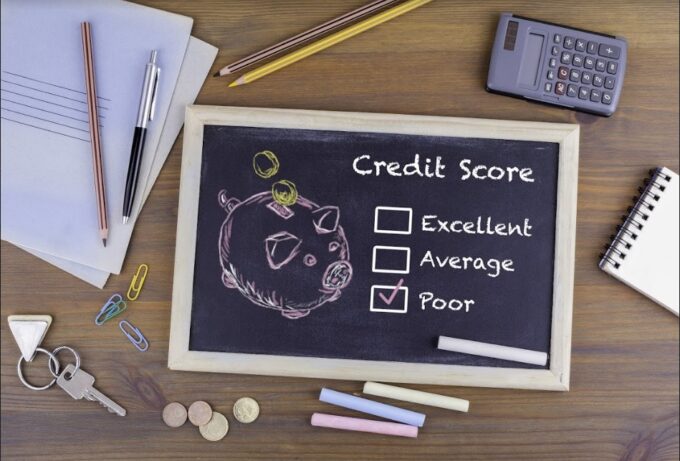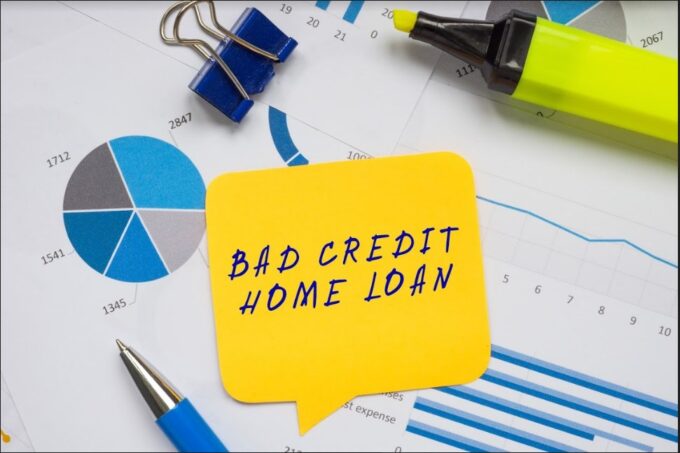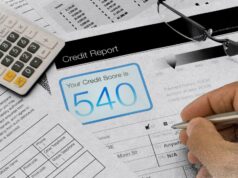For sure, you didn’t plan on having bad credit. However, certain times in life could lead you to bad decisions and unfortunate circumstances such as failing to commit to loan payments or maybe you’ve fallen victim to identity theft. One way or another, you’re now faced with a bad credit standing and it’s not going away anytime soon.
You may think that this situation won’t allow you to buy any property. Fortunately, you still can have your dream house despite having a low or poor credit score.
How To Buy A House With Bad Credit
You can’t let your credit standing get in the way of achieving your goals in life. Although the process won’t be as dreamy as how it would be if you have a better credit score, with a little elbow grease and strategies, you can be on your way to owning a new home. If you want to understand the process better, you may visit certifiedmortgagebroker.com for more information.
Here are some ways you can do to buy a house despite having bad credit:
1. Know What Your Credit Score Is
Yes, you know that your credit score is bad, but it’s necessary to find out what the exact score is. You need to understand first your credit history so you can figure out what your next steps will be, as well as the other options that you have.
To know your credit score, request a copy of your credit report that includes important details such as your payment history. If you’ve filed for bankruptcy in the past, that should also reflect in your credit report.
A credit score of 300 to 579 is considered very poor, and you’re most likely to have a hard time securing a home loan from reputable lenders and banks.
2. Look For A Bad Credit Home Loan
Depending on where you live or where you plan to purchase the house, you can check if there are available home loans that are being offered to loaners with bad credit. Even when you don’t have a good credit standing, you’re still a buyer and you deserve to know all your options. Shop around and talk to a mortgage counselor if they have any recommendations for you. There may be loan offers and programs that you can avail of, such as those that are offered to first-time and low credit buyers.
You may also ask around or do your research to find out the different mortgage lenders available in your area. You can check out mortgage brokers, community banks, online banks, mortgage bankers, credit unions, and non-bank lenders that would be more than willing to do business with you.
3. Be Prepared To Pay A Larger Down Payment
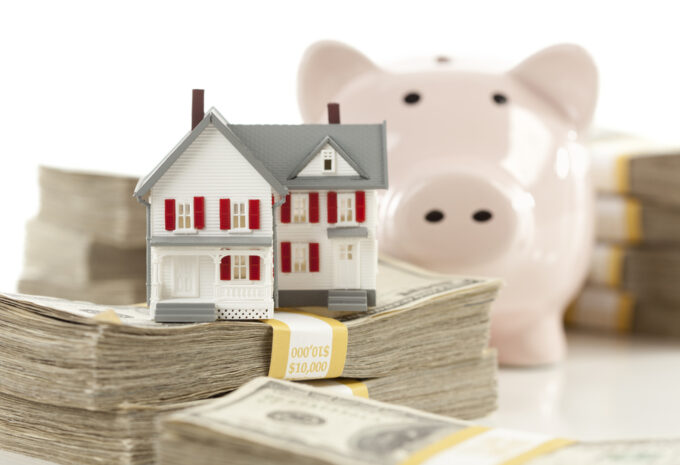
If you want to get a better mortgage rate even when you have a poor credit score, consider paying a higher down payment for the house you’re planning to buy. The down payment will significantly lower down the top-up amount that you need to loan for the property. It’ll also prove to your lender that you’re serious about the commitment of getting a mortgage.
Most mortgage lenders require at least a 3% down payment. If you want to impress them and to secure a higher chance of getting approved, shell out an amount higher than 3% of the property’s total contract price.
4. Find A Co-Signer

Another way to buy a house with bad credit is to ask people to co-sign the loan with you. It could be a family member, a business partner, or a close friend who has a higher credit score than yours. It’s even more ideal if your co-signer has a really good credit standing because that’ll increase the chance of getting your housing loan approved.
To persuade the lender into granting you the loan, the co-signer should have better work stability or higher income than yours. In some cases, they may also need to guarantee the loan, which means they’re willing to step up and take responsibility in case you miss your payments. This should show that this co-signer is confident enough in your capacity to pay for the house.
5. Hold Off From Making A New Purchase

If you’re already in the process of getting a housing loan from any lender that you’ve been negotiating with, avoid acquiring additional debt for the time being. At least wait until the loan has been approved before making any big purchase, such as a new car or getting a new credit card.
Keep in mind that a new credit will push down your score even lower, which might affect your housing application. It might make an impression that you’re not thinking of your future expenses and that you could have a hard time making your payment on time because of other financial responsibilities. When that happens, your housing loan application might be rejected. This means you’ll need to do the process all over again with an even lower credit standing.
6. Rebuild Your Credit Score
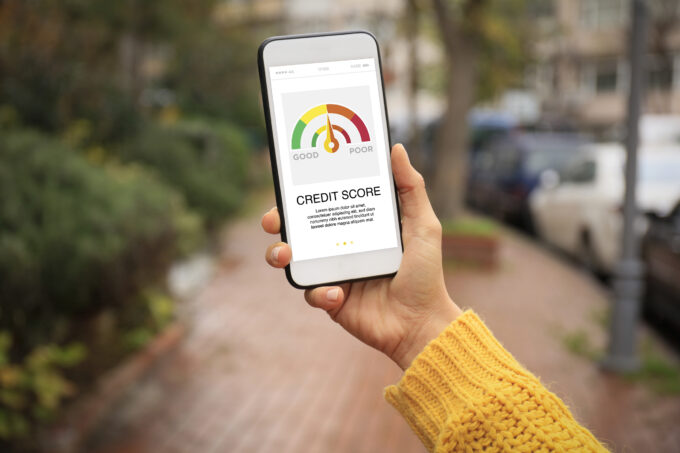
If you’re not in a hurry to buy a new house, you can wait until your credit score improves. You need to prove that you’re creditworthy and that lenders won’t be taking too many risks if they’ll grant you a loan. Look over your credit report again and identify what actions in the past have greatly impacted your score.
For example, if it’s unpaid credit card debt that has lowered down your standing, you may want to start repaying it. Although slowly, you can surely rebuild your credit score by fixing all debts that you have. As soon as you’re working on fixing it, be sure to monitor your credit score so you can tell if it’s already time to get that housing loan that you really want.
Conclusion
It may not be easy to buy a house with bad credit, but it doesn’t mean that you can’t do it. You just need to be more exhaustive when finding ways and means to get your dream house. If you can no longer wait until you’re able to rebuild your credit score, you can consider paying a higher down payment or looking for someone to co-sign the loan with you.
Additionally, you can try securing a loan from online banks, credit unions, and other non-traditional-lenders. Once you’re approved, be sure to pay for your loan on time so that your credit score can then eventually increase.


